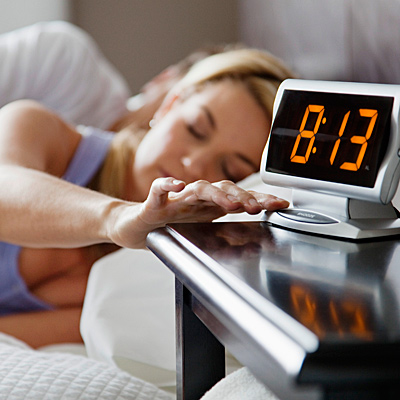It is said that practice makes perfect… and if we spend thirty percent of our lives sleeping, then surely we must have enough practice to be perfect sleepers by now! Unfortunately, there have been dramatic rises in prescriptions for sleep aiding medications to remedy poor sleep quality and fatigue issues. For an athlete or an active individual, sleep is a crucial factor in the perfect equation for health and vitality. On account of these issues plaguing society, doctors have coined, ‘Sleep Hygiene,’ as the umbrella term for all behaviours which contribute to positive and healthy sleep habits. Sleep Hygiene factors filter into nooks and crannies of your life which you may have never thought contributed to the condition of your evening slumber. With the knowledge of these lifestyle changes, one might discover that they had been unwittingly harming their own sleep through easily altered behaviour. Good sleep hygiene practices can prevent the development of sleep problems and disorders. Here is a list breaking down of the different areas in your life sleep hygiene effects with easy tips, tidbits and changes one can make which will make a world of difference in the quality of sleep you can have as a result:

During the day:
Wake up at the same time every day, whether that’s 5:30 or 8:30. This ritual will help maintain your circadian rhythms and make it more likely you’ll fall asleep at the same time every night, too. Do not be one of those people who allows bedtime and awakening time to drift.
As soon as you wake up, “get into some sort of daylight situation really quickly, even if it’s just stepping out on a balcony,” suggests sleep expert Joyce Walsleben, R.N., Ph.D. Bright light suppresses the production of melatonin, a sleep-inducing hormone in your brain
Exercise can promote good sleep. Vigorous exercise should be taken in the morning or late afternoon. A relaxing exercise can be done before bed to help initiate a restful night’s sleep
If you need to make up for a few lost hours, opt for a daytime nap rather than sleeping late. This strategy allows you to pay off your sleep debt without disturbing your natural sleep-wake rhythm, which often backfires in insomnia and throws you off for days.
Before bed:
Establish a regular relaxing bedtime routine. Do it every night. With time your body will see that these actions are a sign that it is soon time to sleep and your brain will trigger the release of sleep inducing hormones.
Enjoy a nice herbal tea before bed, but avoid stimulants such as caffeine, nicotine, and alcohol. While alcohol is well known to speed the onset of sleep, it disrupts sleep in the second half as the body begins to metabolize the alcohol, causing arousal.
Associate your bed with sleep. Be sure to fully reserve the bedroom for rest, sleep and sex. Other activities must be done elsewhere. It’s not a good idea to use your bed to watch TV, listen to the radio, or read.
Try to avoid emotionally upsetting conversations and activities before trying to go to sleep. Don’t dwell on, or bring your problems to bed.
Put your phone and laptop away before bed. The glow from the LCD screens tamper with the mind’s ability to produce the proper hormones for sleep and relaxation.
Throughout the night:
Sleep is greatly affected by the how hot or cold you are during the night. The ideal temperature for sleep is 69 degrees fahrenheit. Knowing this, try and find a balance between clothes and bed covers. Ensure room is well ventilated with proper airflow to remove fumes and used air.
Although 8 hours of sleep is recommended, each person is different. Find your own magic sleep number for how much time you need to commit to rest and stick to it. Quality sleep is always better than quantity.
Noise has an incredibly bad effect on your heart and waking up many times during the night puts your body under a lot of stress. Try and keep your room quiet by wearing some earplugs. You can get earplugs that only cancel out certain sounds so that you can still hear your alarm or a baby monitor on your bedside table.
Ensure that at night your sleeping area is dark, yet that there is adequate exposure to natural light for when the morning comes. Light exposure helps maintain a healthy sleep-wake cycle.